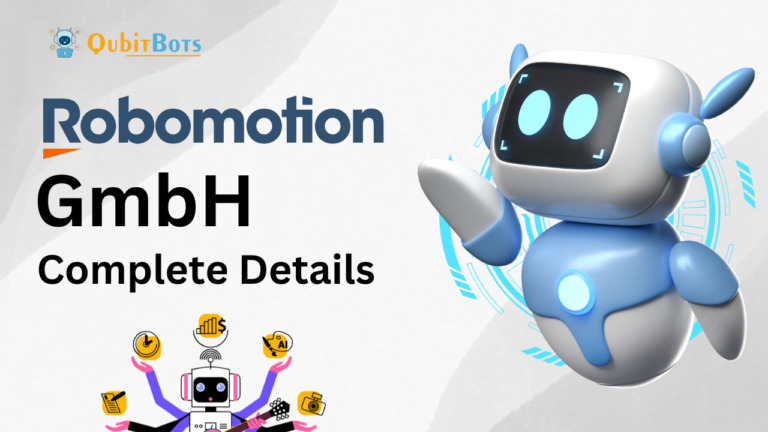Increasing Customer Experience with Robotic Process Automation
Increasing Customer Experience with Robotic Process Automation (RPA)
In today’s fast-paced digital world, customer experience has become a critical differentiator for businesses across all industries. Companies are constantly looking for innovative ways to enhance the customer journey, ensuring satisfaction and loyalty. One of the most effective tools for achieving this is Robotic Process Automation (RPA). By automating repetitive tasks and streamlining operations, RPA can significantly improve the customer experience, providing faster, more accurate, and personalized service.

Understanding RPA and Its Role in Customer Experience
Robotic Process Automation is a technology that uses software robots or “bots” to automate routine tasks that are traditionally performed by humans. These tasks include data entry, processing transactions, handling customer inquiries, and more. RPA bots work around the clock, providing businesses with a reliable and efficient workforce that can handle large volumes of work without errors.
The impact of RPA on customer experience is profound. By taking over mundane tasks, RPA allows customer service representatives to focus on more complex and value-added activities. This shift not only improves the efficiency of the customer service team but also enhances the overall quality of service provided to customers.
How RPA Enhances Customer Experience
- Speed and Efficiency
One of the most significant benefits of RPA in customer service is its ability to speed up processes. Customers today expect quick resolutions to their issues, and any delays can lead to dissatisfaction. RPA bots can process requests, retrieve information, and complete transactions in seconds, reducing wait times and ensuring that customers receive prompt service.
For example, in the banking sector, RPA can automate the process of loan approvals by instantly verifying customer information, checking credit scores, and processing applications. This rapid processing means customers receive faster responses, enhancing their overall experience.
- Accuracy and Consistency
Human error is inevitable, especially when dealing with repetitive tasks. Errors in customer service can lead to frustration and dissatisfaction. RPA eliminates the risk of human error by performing tasks with 100% accuracy every time. Whether it’s updating customer records, processing payments, or managing inventory, RPA ensures that these tasks are completed accurately and consistently.
This level of precision is crucial in industries where accuracy is paramount, such as healthcare and finance. By reducing errors, RPA helps build trust with customers, as they can rely on the company to handle their transactions and information correctly.
Also Read – What is RPA Software
- Personalization and Customer Engagement
Today’s customers expect personalized experiences tailored to their specific needs and preferences. RPA enables businesses to deliver this level of personalization by automating the collection and analysis of customer data. Bots can gather insights from customer interactions, purchase history, and preferences, allowing companies to offer customized solutions and recommendations.
For instance, in e-commerce, RPA can track a customer’s browsing and purchase behavior, triggering personalized product recommendations and targeted promotions. This tailored approach not only increases customer satisfaction but also drives sales and loyalty.
- 24/7 Availability
Customers expect service at all times, not just during business hours. RPA makes it possible for businesses to provide round-the-clock support. Bots can handle inquiries, process orders, and provide updates even when human employees are unavailable. This 24/7 availability ensures that customers always have access to the services they need, whenever they need them.
In industries such as telecommunications and retail, where customer demand can be unpredictable, having RPA in place to manage after-hours queries or orders can significantly enhance customer satisfaction.
- Scalability and Flexibility
As businesses grow, so do their customer bases. RPA provides the scalability needed to handle increased demand without compromising service quality. Businesses can deploy additional bots to manage higher volumes of customer interactions during peak periods, ensuring that every customer receives timely and efficient service.
Moreover, RPA is flexible and can be easily adapted to new processes or changes in customer behavior. This adaptability allows businesses to continuously improve and evolve their customer service strategies.
Conclusion
Robotic Process Automation is transforming the way businesses interact with their customers. By automating repetitive tasks, ensuring accuracy, and providing personalized, 24/7 service, RPA significantly enhances the customer experience. As businesses continue to adopt RPA, they will be better equipped to meet the evolving expectations of their customers, fostering loyalty and driving long-term success. In a world where customer experience is king, RPA is proving to be an invaluable asset in delivering the exceptional service that today’s customers demand.







